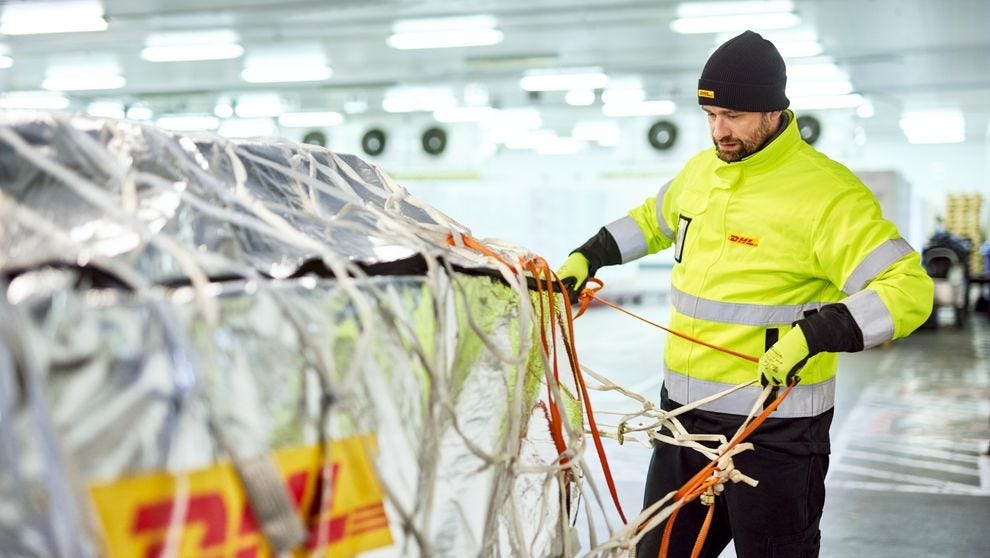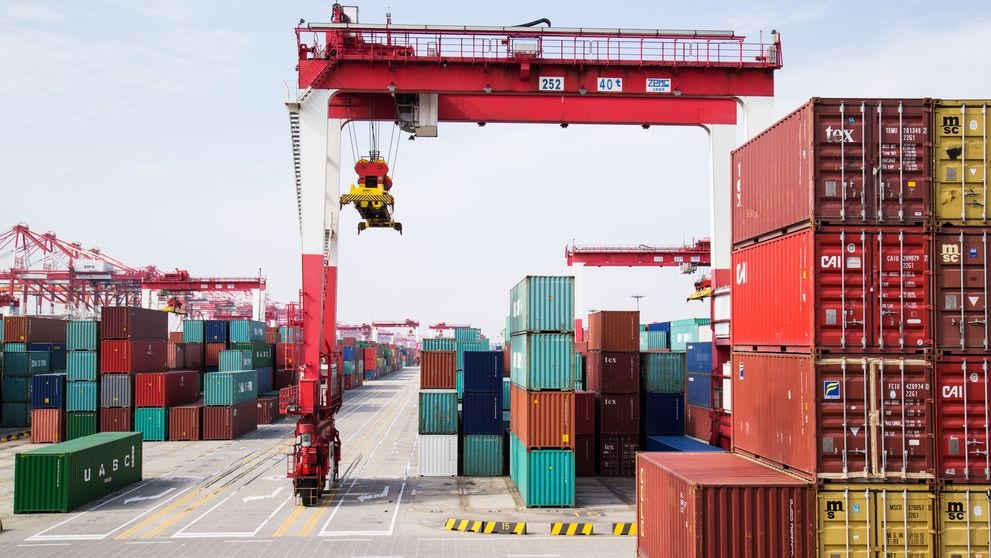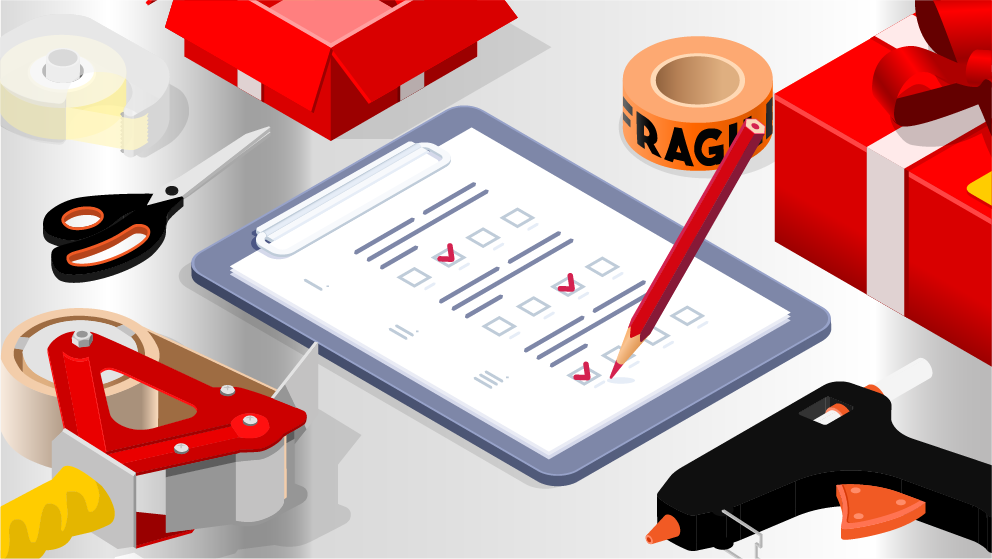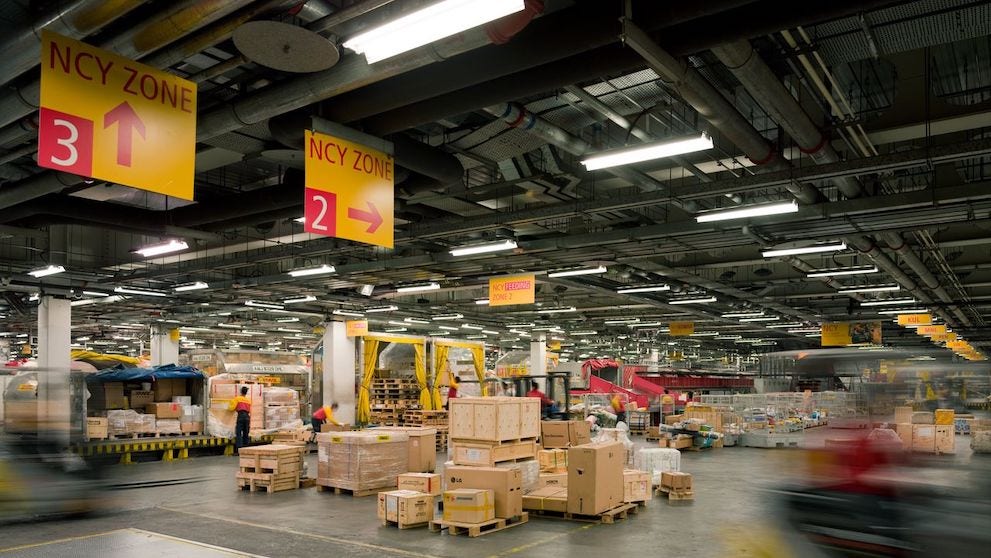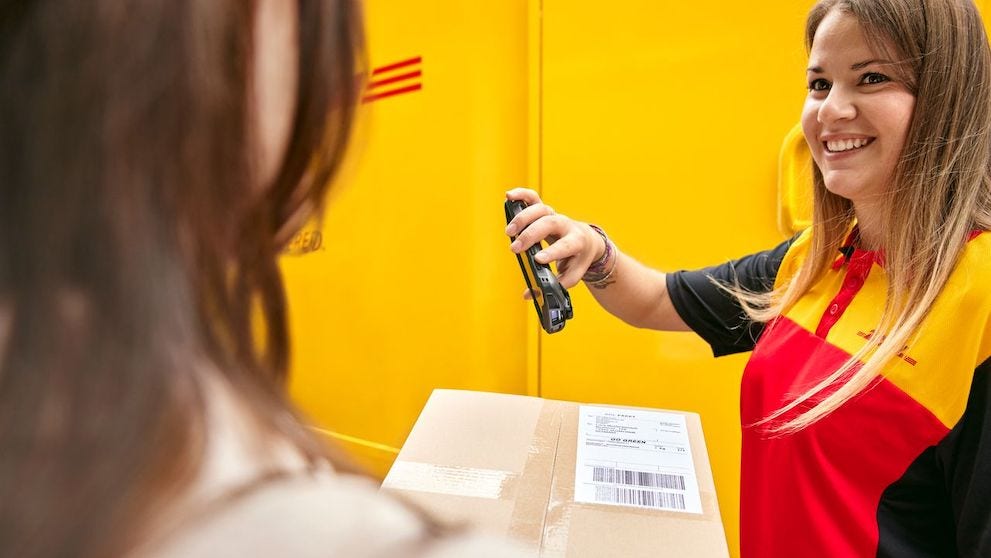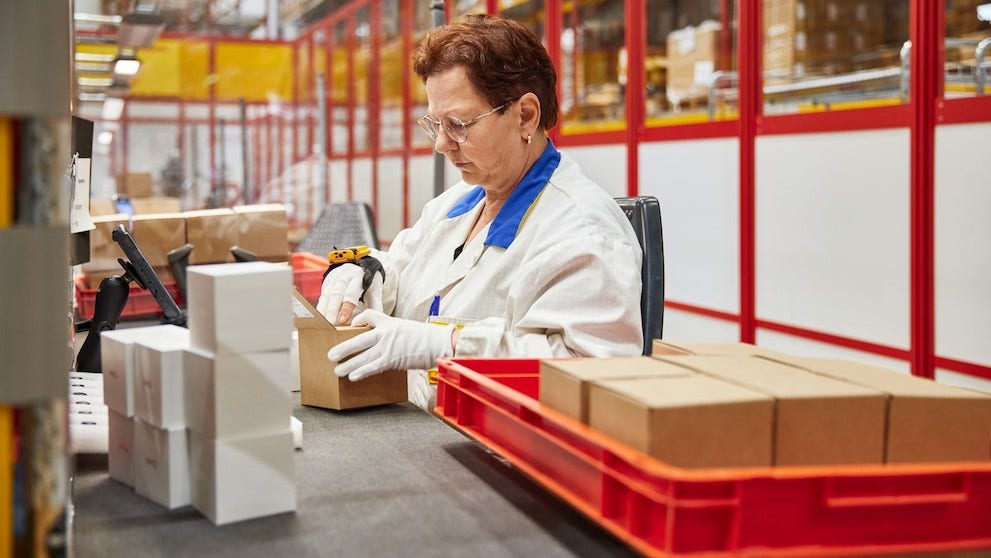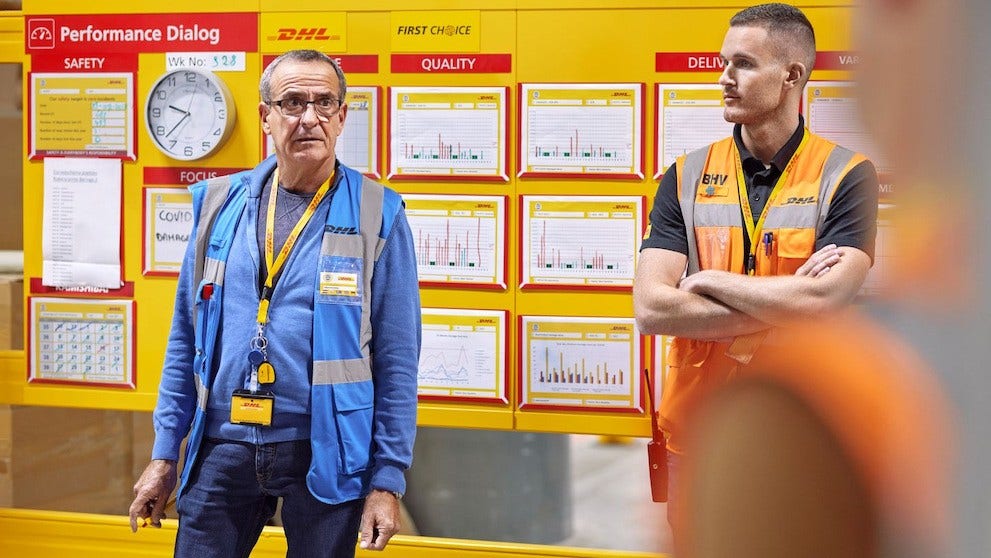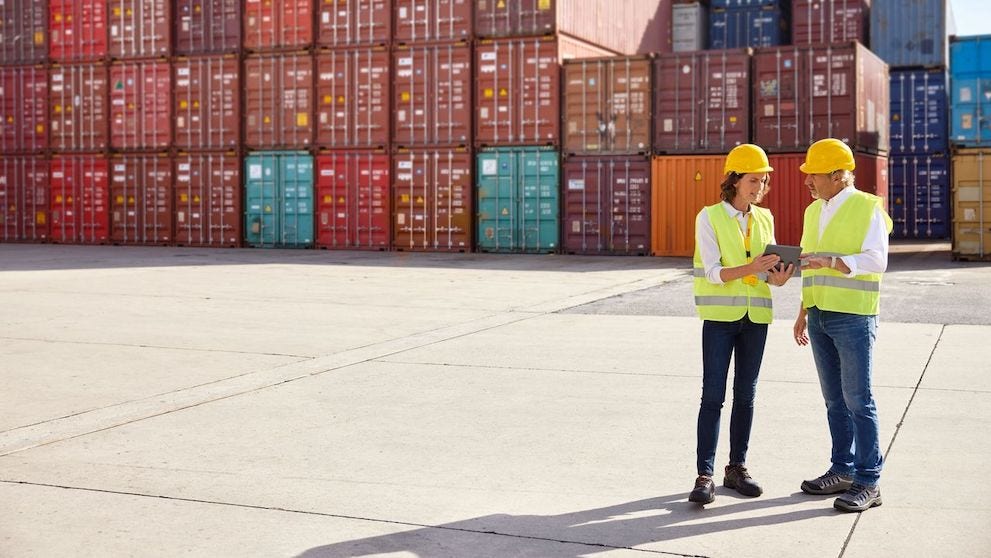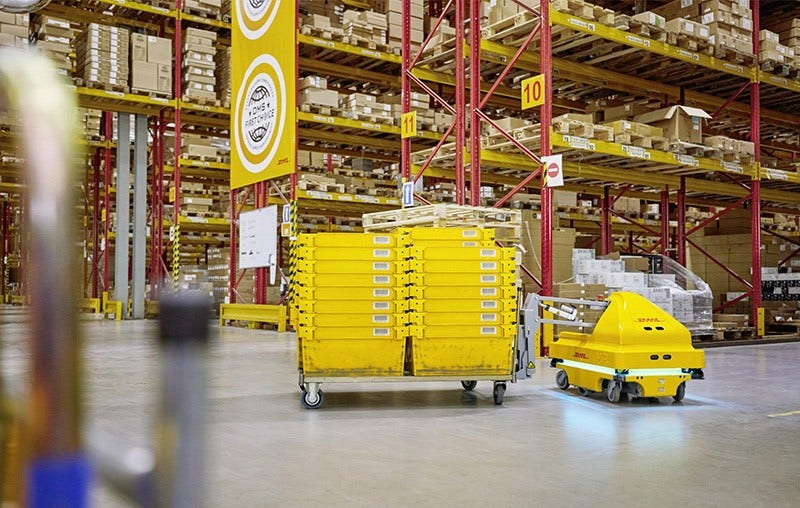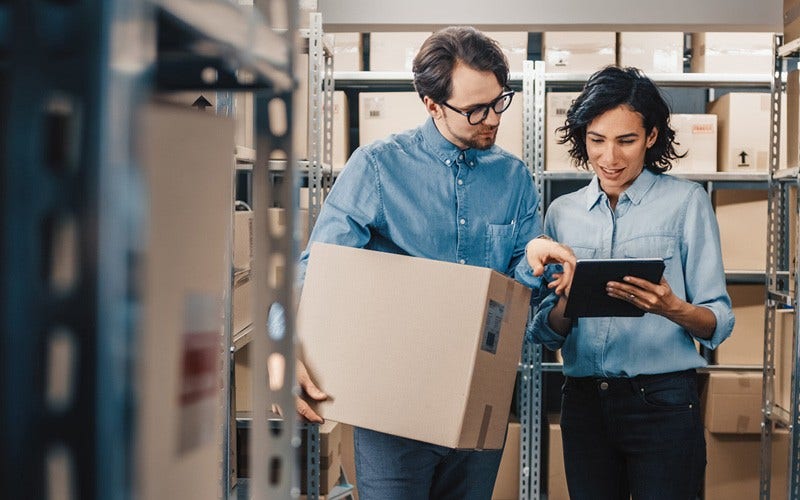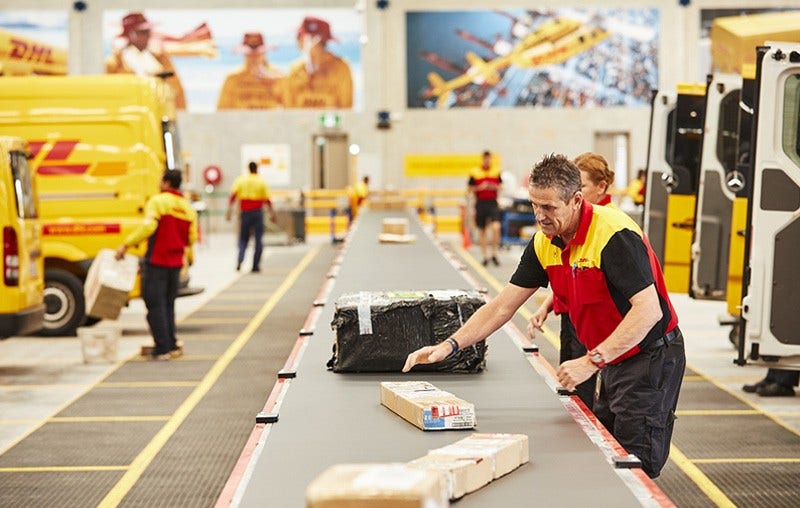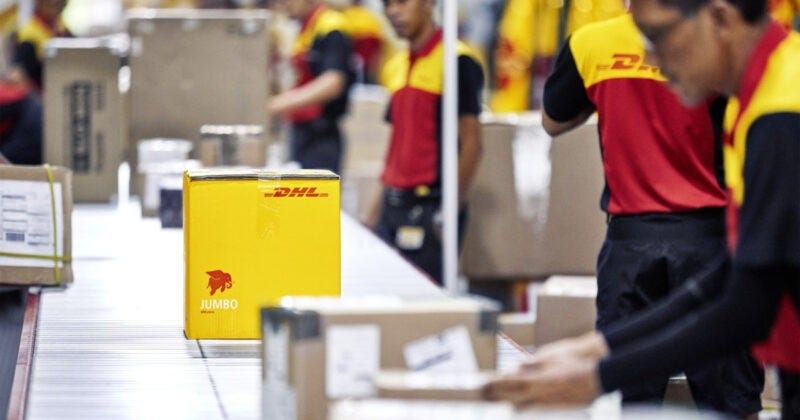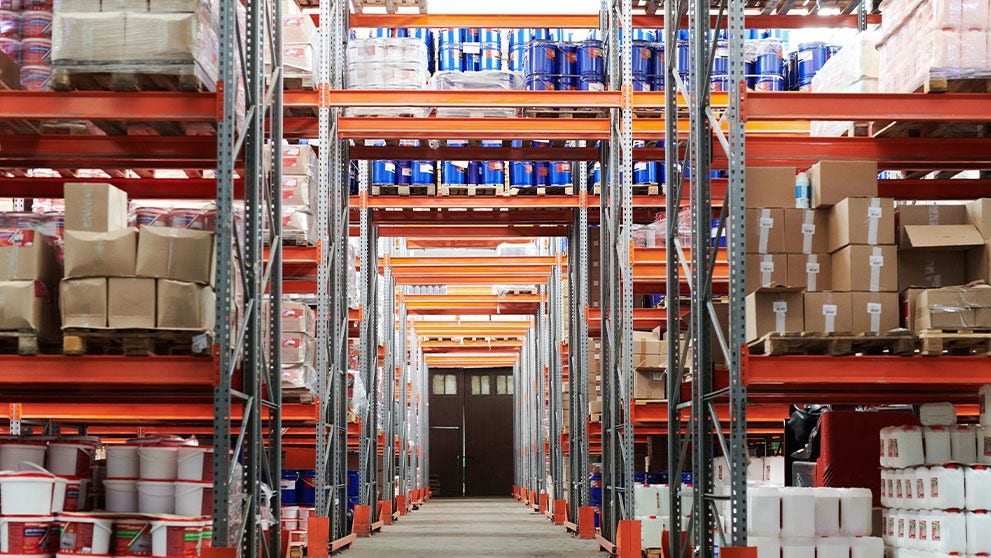
In the new world of Logistics 4.0 and smart supply chain management, blockchain technology has made a name for itself. Marked by its system of trust, accountability, and transparency, it has managed to resolve a number of prevailing challenges. Find out what exactly is blockchain technology, how it is applied in logistics and the benefits it brings to the industry.
Although originally thought of as having applications only in cryptocurrencies, its real-world uses are huge. Whether it is the secure sharing of medical data, non-fungible token (NFT) marketplaces, cross-border payments, logistics, or supply chain monitoring, blockchain is here to change the landscape of how things are done across these industries.
Before delving into the applications of blockchain in logistics, one must understand what it is exactly.
What is a blockchain?
In simple words, a blockchain is a distributed database of transactions or a ledger which records transactions between parties in a secure and permanent way. Instead of a traditional centralised database, this technology uses a decentralised and distributed system to create transparency and accountability.
Information about transactions is stored in blocks of data, with each block having a unique ‘hash’ that acts as the identifier of the block. Each block also has a hash of the previous blocks which connect both of the blocks. Hence blocks get connected in a chain through these hash values resulting in a blockchain.
One of the major benefits of blockchain technology is the security that it provides. How you may ask? One of the ways a block secures itself is through hashing. If someone tampers with a block, its hash will change but this change will not be translated in the other blocks that are connected together, making this tampered block invalid.
Because of the distributed nature of blocks, no central entity manages the chains. It is a peer-to-peer network where every member (node) can join and get the full copy of the blockchain. When a new block is formed, it is sent to all nodes in the network who verify the new block.
Once everyone verifies the block, it is added to the chain. If 51% of the nodes verify the block, it is accepted, otherwise it is rejected by the network. This technology makes it almost impossible to tamper with the data in the network, creating a secure environment.
How is blockchain technology applied in logistics?
The more parties involved along the way, the more complex logistics management becomes. This creates challenges related to communication and end-to-end visibility, which can dampen trust. It gets hard to track shipments during transport which makes scheduling delivery times difficult.
Without visibility, it can become quite difficult to identify and troubleshoot issues when they crop up. Yet, the expectations of all stakeholders needs to be managed with transparency, accountability, and reliability. Given the benefits of blockchain, implementing blockchain technology in logistics is seen as a solution to all these challenges.
The logistics industry is a billion dollar industry that grows exponentially each year and serves as the backbone of all businesses. Implementing blockchain technology in logistics and supply chain management (SCM) makes processes faster through a decentralised system which makes managing supply chains much easier among multiple parties. It creates trust and strengthens collaboration since each transaction is saved in the network and cannot be tampered with.
When every party in the supply chain is updating on the same network, any other node can check its status and be aware of the location of the shipment. Blockchain shipping logistics can apply them for inventory tracking, improving freight and shipping, invoicing and payments, and authenticity verification.






